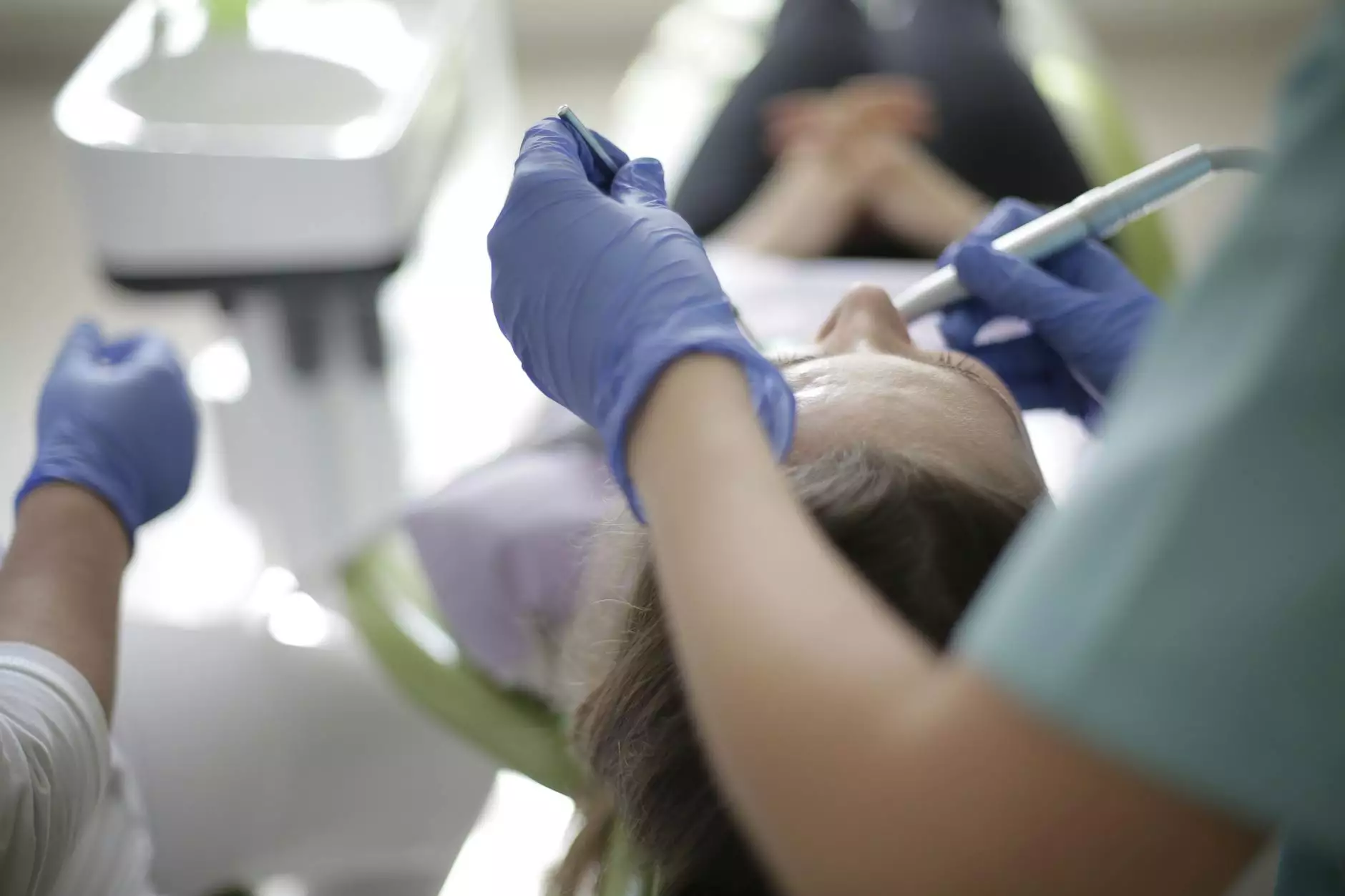The Importance of Proper Venous Ulcer Diagnosis

When it comes to matters of health, especially in the field of vascular medicine, having access to accurate and timely venous ulcer diagnosis is crucial. At Vein Center of Arizona, our team of expert doctors specializes in diagnosing and treating a wide range of vascular conditions, including venous ulcers. In this article, we will delve into the significance of proper venous ulcer diagnosis and its impact on patients' health.
Understanding Venous Ulcers
Venous ulcers are open sores that develop on the legs and feet due to improper functioning of the veins, specifically within the venous system. These ulcers are often found in patients with chronic venous insufficiency (CVI), a condition that occurs when the valves in the leg veins do not work properly, causing blood to flow in the wrong direction and pool in the lower extremities. Over time, this increased pressure and reduced blood flow can lead to the development of venous ulcers.
The Role of Proper Diagnosis
Proper diagnosis of venous ulcers plays a vital role in developing an effective treatment plan. It is essential to differentiate venous ulcers from other types of wounds, such as arterial ulcers or diabetic foot ulcers, as the treatment approaches may differ significantly. At Vein Center of Arizona, our vascular medicine experts possess a deep understanding of the complexities involved in diagnosing venous ulcers accurately. They employ state-of-the-art diagnostic tools and techniques to determine the underlying cause of the ulcer and ensure appropriate treatment.
The Diagnostic Process
When a patient presents with a suspected venous ulcer, our skilled doctors perform a comprehensive evaluation to confirm the diagnosis. This evaluation includes a thorough physical examination, review of the patient's medical history, and a series of diagnostic tests. These tests may include:
- Duplex Ultrasound: By using sound waves to visualize the veins and assess blood flow, duplex ultrasound helps identify any abnormalities or blockages in the venous system.
- Ankle-Brachial Index (ABI) Test: This non-invasive test compares the blood pressure in the ankle with that in the arm, providing valuable insights into the patient's vascular health.
- Photoplethysmography (PPG): PPG measures changes in blood volume within the veins, helping doctors assess venous function and identify any anomalies.
Tailored Treatment Approach
Once our doctors at Vein Center of Arizona obtain a precise diagnosis, they can develop a personalized treatment plan tailored to each patient's specific condition. Treatment options for venous ulcers may include:
- Compression Therapy: The application of compression bandages or stockings helps reduce swelling, improves blood circulation, and promotes wound healing.
- Wound Care: Our team provides expert wound care services, ensuring proper cleaning, debridement, and dressing of the ulcers to prevent infection and expedite healing.
- Vascular Interventions: In some cases, minimally invasive procedures may be recommended to address underlying venous insufficiency and promote ulcer healing. These procedures include endovenous laser treatment, radiofrequency ablation, and sclerotherapy.
Benefits of Accurate Venous Ulcer Diagnosis
Obtaining a precise venous ulcer diagnosis from experienced doctors, specialized in vascular medicine, offers numerous benefits to patients, including:
- Appropriate and effective treatment plans tailored to individual needs, improving the chances of successful healing.
- Early identification of underlying venous insufficiency, allowing timely intervention to prevent ulcer recurrence.
- Improved quality of life with decreased pain, swelling, and discomfort associated with venous ulcers.
- Reduced risk of complications such as cellulitis and deep vein thrombosis.
- Close monitoring and follow-up care to ensure proper healing and prevent potential recurrence.
Conclusion
In conclusion, proper venous ulcer diagnosis is of utmost importance in providing high-quality care for patients with vascular conditions. At Vein Center of Arizona, our experienced doctors possess the expertise and knowledge required to accurately diagnose and treat various venous conditions. By offering comprehensive evaluation, advanced diagnostic techniques, and personalized treatment plans, our dedicated team strives to improve patients' well-being and promote optimal healing.




